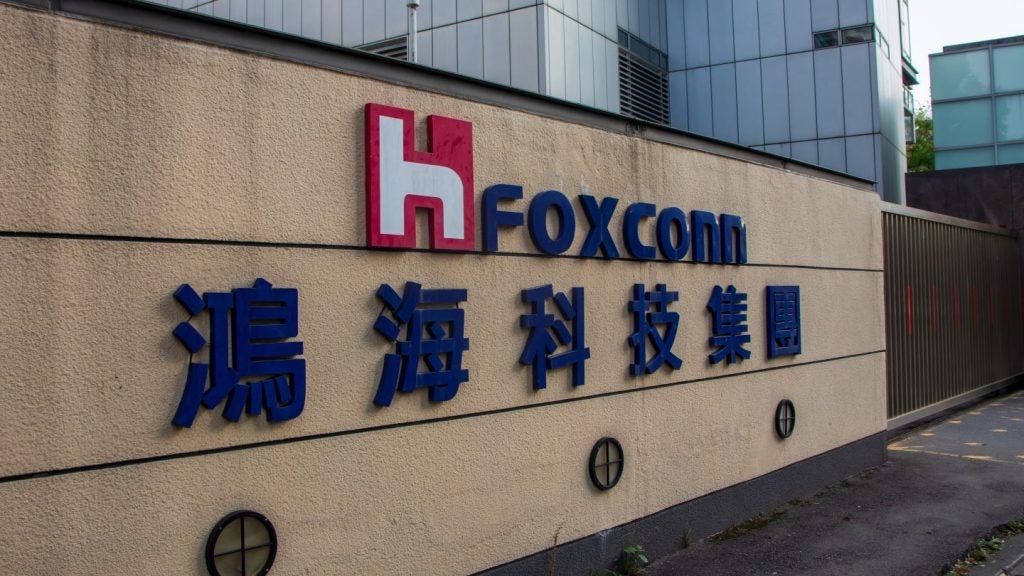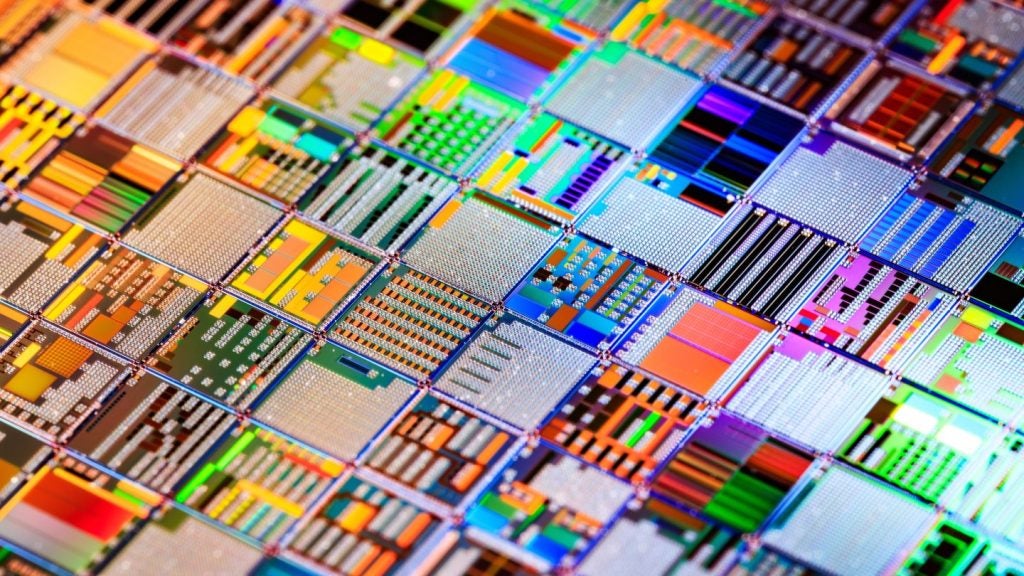Liberté, égalité, fraternité is the national tripartite motto of France that has been espoused by French Presidents of all parties from De Gaulle to Hollande. However, Macron, ever the reformer, may have mentioned one noun just as much as the famous three others in the last five years of his tenure: souveraineté.
‘Sovereignty’ is a word that is used heavily in relation to technology companies—especially Big Tech—usually in a way that depicts them impinging on or violating a country’s sovereign ability to tax or regulate such companies.
Monsieur Macron recognizes this problem all too well. Throughout his rule, Macron has seen the EU wrestling, often unsuccessfully, with regulating US Big Tech companies such as Google, Apple, Facebook, Amazon, and Microsoft (GAFAM). Despite the enormous benefit that these companies bring to Europe in terms of jobs and investment, there is little doubt that their host country the US benefits by far the most from their pervasive global reach.
In June 2021, President Macron argued that “there is no sovereignty without local champions. The first sovereignty is industrial, business-related. The second one is regulation and the two go together.” In short, France (and the EU) must produce its own ‘Big Tech’.
La France Tech – c’est quoi?
Macron’s laser focus on improving French and European tech by investing in companies working on the themes of the future is starting to pay off. In 2017, France had just three tech unicorns. Fast forward to 2022 and France has 26 start-up unicorns, adding significant value and future potential to the French economy. ‘La France Tech’ is France’s start-up scene, run by a team inside the French government called France Tech Mission that aims to make France “one of the greatest places in the world to launch and grow global companies that make sense for our future”.
Station F is the physical manifestation of this dream. Built in 2017 and located in Paris’s trendy 13th arrondissement, Station F offers EUR10 billion in tax credits to tech companies and start-ups, marking France’s attempt to create its own Silicon Valley-style tech incubator.
How well do you really know your competitors?
Access the most comprehensive Company Profiles on the market, powered by GlobalData. Save hours of research. Gain competitive edge.

Thank you!
Your download email will arrive shortly
Not ready to buy yet? Download a free sample
We are confident about the unique quality of our Company Profiles. However, we want you to make the most beneficial decision for your business, so we offer a free sample that you can download by submitting the below form
By GlobalDataMacron has prioritized early state funding for start-ups operating within the themes of the future and has personally mentioned the importance of quantum computing, AI, and cybersecurity. In 2020, the government announced a EUR7 billion plan to digitalize France, including EUR3.7 billion allocated to financing start-ups.
Most recently, the ‘France 2030’ agenda sought to invest EUR30 billion to create “high tech champions of the future” in nascent or critical industries such as electric vehicles, renewable energy, robotics, and semiconductors. On a continental scale, Macron has given the EU the target of creating 10 EU tech giants worth over EUR100 billion by 2030.
This funding has helped produce innovative French unicorns that have had a positive tangible impact on the country. Take Spendesk, an integrated financial platform for small to medium-sized businesses, which has streamlined complex administrative issues for French SMEs. Or Doctolib, a medical platform connecting the public to medical professionals, which played a significant role in booking appointments in the French vaccination rollout. However, these tangible benefits are not the sole reason for the promotion of a tech-focused start-up agenda.
The tax benefits associated with local Big Tech champions is an imperative for an aging collective European society with an expensive and growing social safety net. Macron declared that France aimed to produce “a virtuous cycle – innovate, produce, export – to finance our social model”.
French tech future
Now that Macron has defeated Le Pen, he can take his tech plans for France to new heights. He will accept responsibility for France’s adoption of the European Commission’s Digital Markets Act, a piece of legislation that aims to halt US Big Tech’s market power and open the door to new European tech companies.
Macron recognizes that future job opportunities exist within key themes such as AI, robotics, semiconductors, and renewable energy. As such, he has promised to train 400,000 new computer engineers over the next five years and has introduced a new ‘French Tech Visa’, which allows non-EU start-up founders to reside in France. ‘La French Tech’ will see greater funding over the next five years, and France’s tech scene will likely continue to grow exponentially. President Charles De Gaulle—France’s most well-known elected leader—once famously quipped, “How can anyone govern a nation that has 246 different kinds of cheese?”. Cheese is no longer a key export of France, but tech start-ups soon will be—and Monsieur Macron may soon be asking himself just how to govern a nation with so many.









Related Company Profiles
Apple Inc